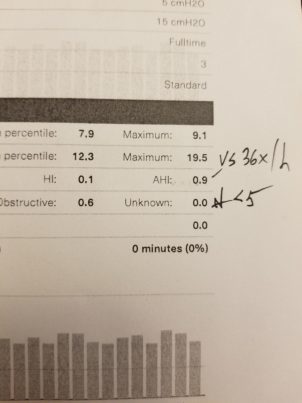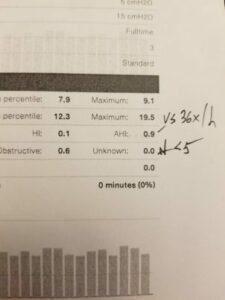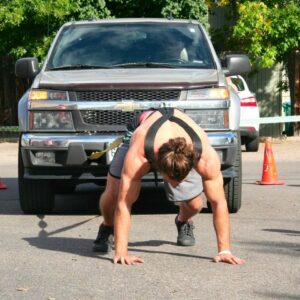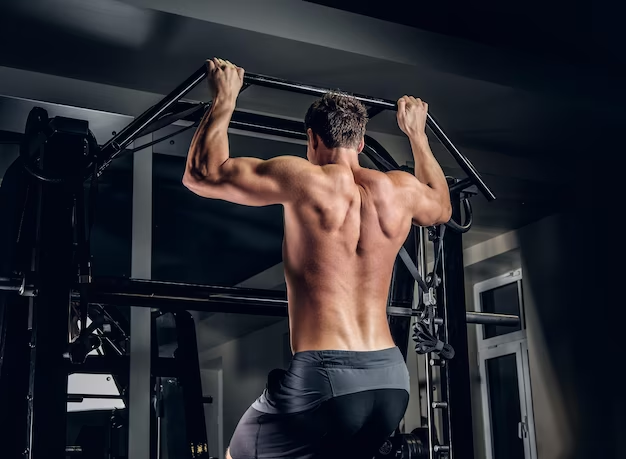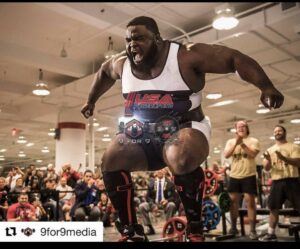“Ten days of six hours of sleep a night was all it took to become impaired in performance as going without sleep for twenty-four hours straight.” -Matthew Walker
We all know we should be sleeping at least 8 hours a night, but how many of us are getting that on a regular basis?
Sleep is vital to our health and improving your sleep hygiene can make a huge impact on your health and fitness goals. Below is a quick guide on how you can improve aspects of your own sleep. If you want to take a deep dive and learn more, I suggest reading Matthew Walker’s Why We Sleep. Click HERE to check it out on Amazon.
Prioritize Duration -Make it a goal to get at least 7 hours of sleep per night, ideally 8-10 hours.
Environment is Key – Make your bedroom cool, dark, and quiet.
- Purchase black out curtains to minimize light pollution from outside.
- Cover up lights from all electronics, including your phone.
- Better yet, wear an eye mask that blacks out all light.
- Put your phone in airplane mode or enable a “Do not disturb” setting for nighttime to minimize disturbances.
- Set your thermostat to 65-67 degrees to start (adjust as needed). You can also crack open a window.
- Use a fan for both climate control and for “white noise”. You can also get a sound machine to help create an ambiance environment and drown out potential disturbances.
Respect your Circadian Rhythm – Try to keep a bed-time routine that maximizes your sleep.
- Keep a regular bedtime and wake time, even on the weekends.
- Staying up and sleeping in on the weekends doesn’t “make up” sleep debt accrued throughout the week. Instead, it disrupts your circadian rhythm making it harder to wake up early Monday mornings.
- Avoid screens and blue light exposure at least 1 hour prior to bedtime. Blue light exposure can alter the release of melatonin, an important chemical in the brain that assists with sleep.
- If evening work is needed, wear blue-light blocking lenses to limit blue light exposure.
- Check your phone for a “Blue-light filter” or “Night mode” and make sure that it is on.
- Download f.lux for your computer to help filter out blue light. Justgetflux.com
- Avoid eating at least 1 hour prior to bedtime.
- Digesting food close to bedtime can also alter your ability to fall asleep.
- Build your schedule so that it respects your chronotype
- Are you a night owl or a morning lark? If possible, try to align your schedule to work best with your natural tendencies.
Be mindful of Caffeine and Alcohol Intake –
- Caffeine has an average half-life of 5-7 hours. This means by that time; your body has 50% of the caffeine still circulating in your bloodstream that you had initially consumed.
- Sleep under the influence of alcohol has been shown to produce less REM sleep than normal sleep and therefore is not as restorative but rather sedative.
Control your Breathing – Nasal breathing has been shown superior to mouth breathing in helping you reach a calm and relaxed state (parasympathetic).
- If you have difficulty breathing through your nose, try Breathe Right nasal strips or a anti-snore chin strap like this one HERE. You can also try mouth taping such as this HERE.
- Try box breathing post-workout and/or close to bedtime as demonstrated HERE.
- Box breathing can help take you from a sympathetic tone (fight or flight) to more of a parasympathetic tone (rest and digest).
Nap – Taking a nap during the day can be a great way to add to your total sleep duration.
- Avoid napping after 3 pm to avoid disrupting your night-time sleep.
- Limit naps to no more than 90 minutes.
*Note – If your bed partner is consistently complaining about you snoring at night, consider looking into a having a sleep study done. I had this done and have been undergoing APAP sleep therapy for the past year now and it has made a huge difference in mine and my bed partner’s sleep quality. My sleep has improved by 40x according to my results from my pre and post APAP therapy sleep data. My Apnea-Hypopnea Index (AHI), or number of apnea occurrences of 10 sec or longer in an hour, went from 36 down to 0.9.

